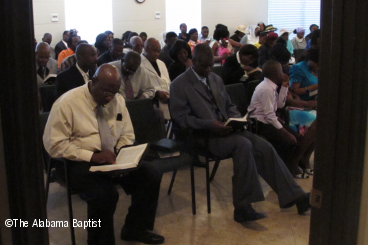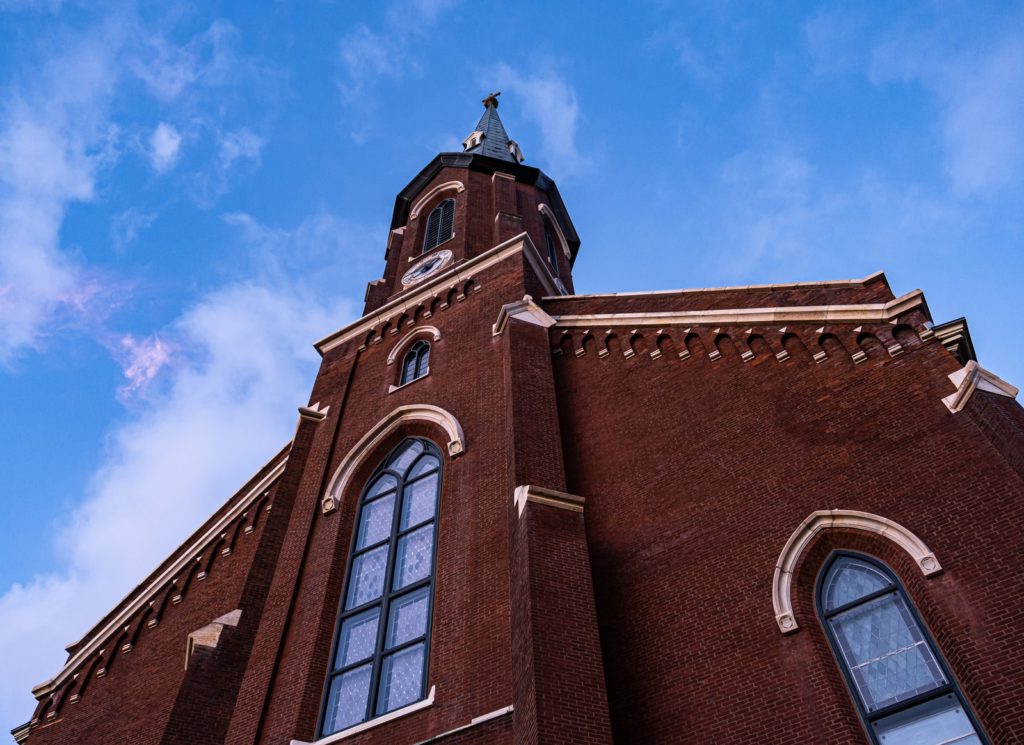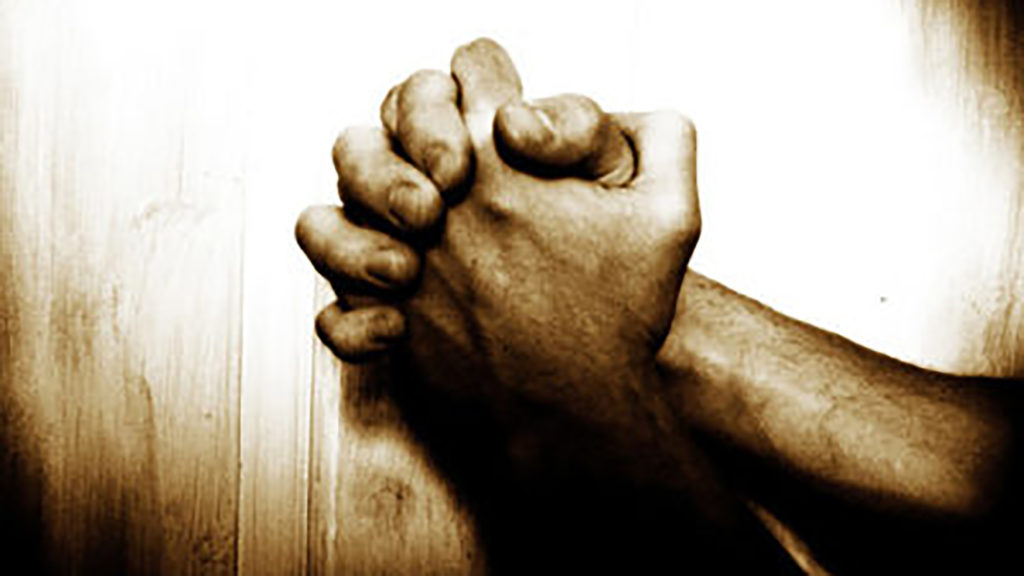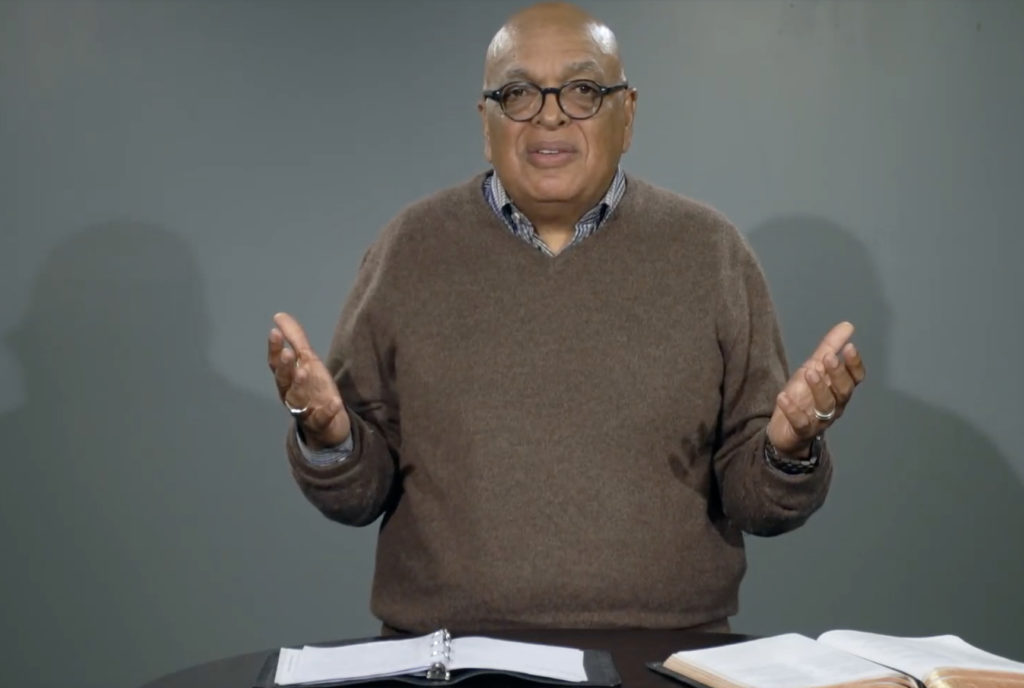Nobody in Mount Olive, N.C., was quite prepared for an influx of Haitian immigrants seeking low-paying jobs in area poultry processing plants, but the community’s First Baptist Church viewed the challenge as an opportunity.
Dennis Atwood knew that congregations must be flexible to respond to unforeseen needs in their communities, but the pastor at First Baptist Church, Mount Olive, N.C., was initially stumped when 25 Haitians showed up at Sunday worship in 2010 — and kept coming back in greater numbers.
The Haitians came to town seeking jobs and places to worship. First, Mount Olive, soon agreed to open one of its buildings to them so they could start their own church, Solid Rock First Haitian Tabernacle of Grace.
“Part of being a Christian is being open to whoever God brings your way,” Atwood said. “You can’t really evade that.”
Even so, nothing has been easy about the Haitians’ first months in Mt. Olive and the surrounding communities.
“The first thing everybody felt was shock,” said Charles Brown, Mount Olive’s town manager and a member of First, Mount Olive.
The sudden influx of Haitians, estimated regionally now around 4,000, began as word spread through Florida in 2010 that there were poultry factory and farm jobs available in great numbers in the agricultural region southeast of Raleigh.
There was some initial pushback, particularly in the housing market as landlords were either unwilling or unable to rent to the newcomers. That resulted in some severe crowding conditions, with reports of up to 20 Haitians sharing single-family homes and apartments, Brown said.
He said the housing situation has improved and that long-time residents seem to be more accepting of their new neighbors. “I was heartened to see most people seem to be more accepting of these people,” Brown said. It has also helped that Haitians have opened two businesses in Mount Olive, including a restaurant that is “very good,” Brown said.
Atwood said it has been a similar learning curve for his congregation. Some say privately they wish the Haitians would find another place to worship, yet Atwood said he’s had no group of members approach him about asking them to leave.
Part of that reticence is their unfamiliar worship style. The service Atwood leads in the stately sanctuary features a blend of classical, contemporary and traditional music meant to praise God.
While Solid Rock is mostly a Baptist congregation, some are Catholics, Methodists and a mix of other Christian faiths. The worship style is a blend of charismatic and Pentecostal.
It has also 90 percent in Creole and much longer than the traditional service, said Erilus St. Sauveur, pastor of Solid Rock Church. “Baptists usually worship one hour, but we usually stretch it out to three hours,” he said.
Atwood said the church is working with St. Sauveur to find the Haitians their own worship space. Atwood said he looks forward to the day when the two congregations will become ministry partners instead of landlord and tenant.
(ABP)






Share with others: